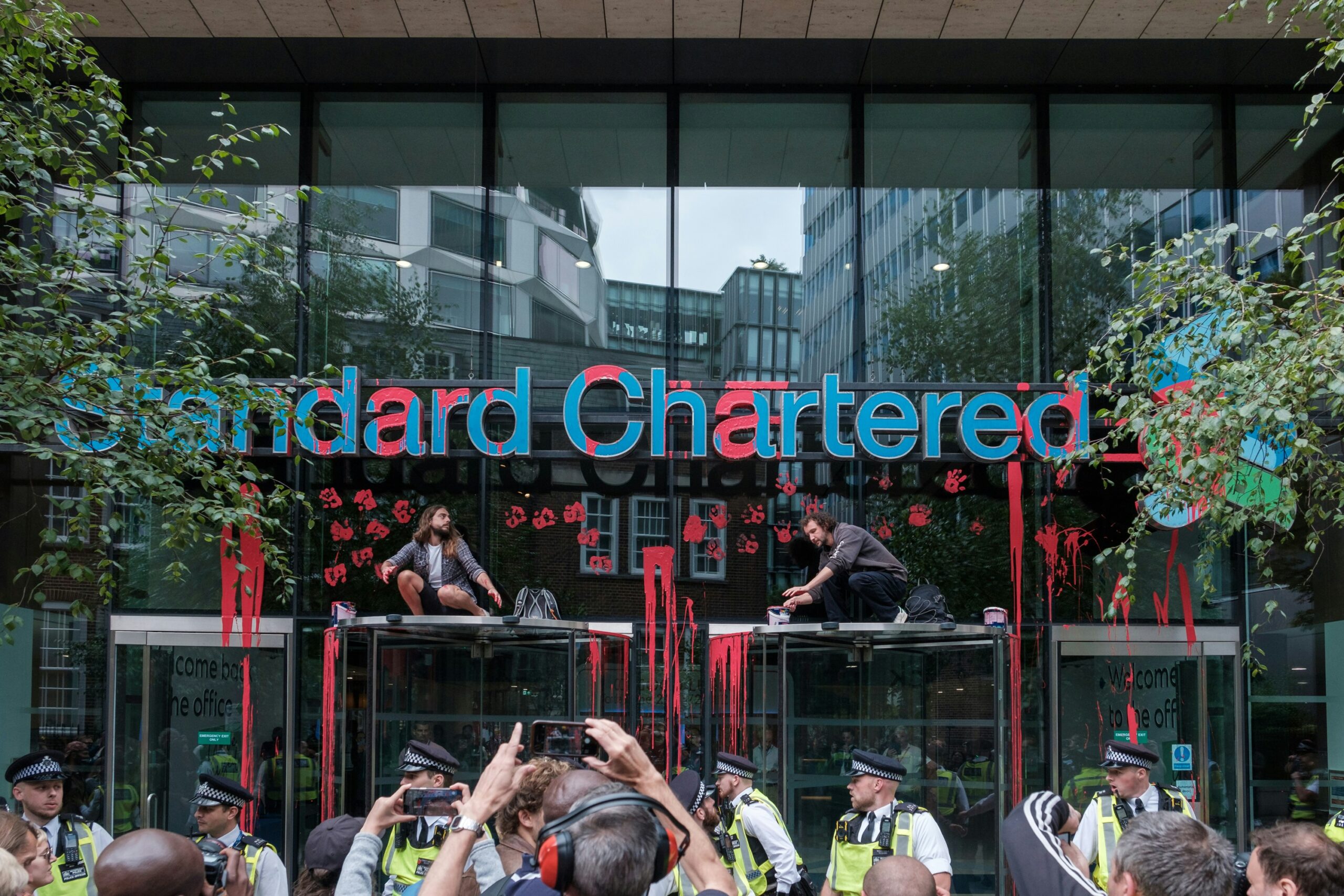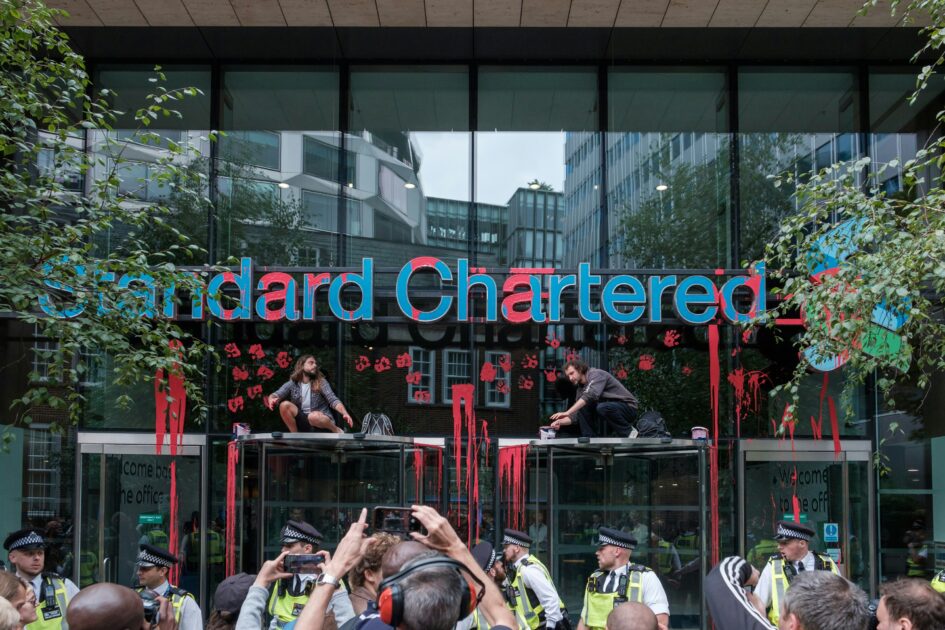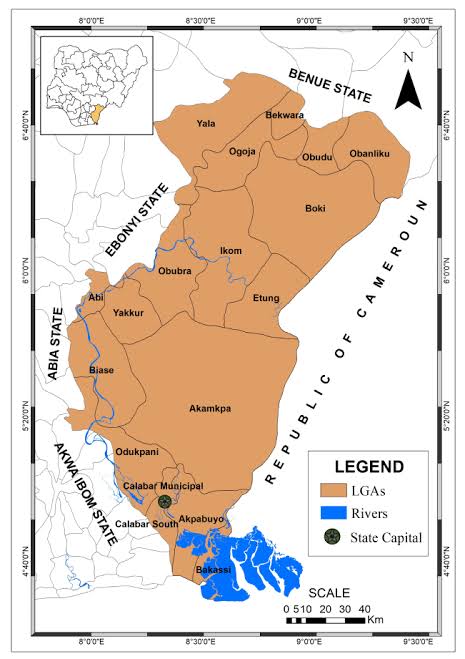





























































Image by Ehimetalor Akhere Unuabona.
Bank robberies have been a means to gather funds for revolutionary organizations for more than a century. From the Russian narodniks to the Bolsheviks to the Black Liberation Army and countless others similarly inspired, the expropriations of funds from capitalism’s reservoirs of wealth have funded numerous acts of rebellion and ongoing revolutionary movements. Perhaps no single individual in contemporary times is better known in Europe for such actions than the Basque left anarchist Lucio Urtubia Jiménez. Familiar to many as Lucio, he was born in Navarro in 1931 and died in Paris in 2020. He is the focus of a 2007 biographical film simply titled Lucio and a 2022 film titled A Man of Action. Perhaps his most famous expropriation was the scam he pulled on Citibank involving counterfeit traveler’s checks that resulted in Citibank paying him off to the tune of millions. Although his politics were anarchist, he helped dozens of leftist groups with the funds he stole from the big capitalists through robberies and forgery; the Black Panthers and anti-fascist/anti-Franco groups in Spain were among the benefactors.
Recently, AK Press published a translation of his autobiography. Titled To Rob a Bank is an Honor, it’s a riveting tale of adventure and anarchism—a combination that goes together more often than not, at least among those anarchists who take their politics to heart. Whether one agrees with his politics or his actions, the reality is that Urtubia never committed any criminal action for his own financial gain. He identified as a bricklayer once he learned the trade as a young adult and rejected attempts by his supporters and cheerleaders to glorify him. This isn’t to say he was a saint, just an acknowledgment that there were (and perhaps still are) revolutionaries and leftist radicals who genuinely put politics in command. 
Although his stories didn’t always stay the same regarding his past, it appears that when Lucio was in his late twenties is when he began his political activities in earnest. This was in the late 1950s. By 1968, he was living in Paris where he took part in the May 1968 insurrection that nearly overthrew the French government. He fell in love with another rebel named Anne with whom he had a daughter. The two set up a print shop and began forging documents for revolutionaries and criminals on the run. Urtubia continued to work as a bricklayer, not wanting to draw too much attention from law enforcement in the post May 1968 crackdowns. The two began working with the Groups of International Revolutionary Action (GARI) in France, which in turn worked with a Spanish group of revolutionary anti-fascists known in English as the Iberian Liberation Movement (MIL). Both groups were composed of anarchists and council communists (a form of communism where power rests with workers and other citizens’ councils and not with the party). In May 1974, days after the Carnation Revolution had overthrown the fascist government in Portugal, a joint action by GARI and MIL resulted in the kidnapping of the Paris representative of the Spanish Banco Bilbao. The representative was released after twenty days; arrests in Spain and Paris followed soon after. Urtubia and his wife were among those arrested.
This escapade is an example of the lives lived by revolutionaries in the latter third of the twentieth century, even in the countries of what we now call the global north. The political situation was quite different from the one we live in now in 2025. The same elites are in power, but their systems of control are not only much more sophisticated. Indeed, almost any movement of any individual can be tracked at almost any time the police state desires. Many, if not most residents of the planet readily volunteer their locations, their loves, their politics and their potentially criminal activities in endless streams of data they provide each and every time they use their so-called devices. Even those who do not exist in any voluntary form online discover the surveillance state—a combination of the corporate and governmental infrastructures—knows much more about them than they think.
Urtubia’s most famous exploit involved the forgery of traveler’s checks. For those who don’t know (or don’t remember) traveler’s checks are what many western travelers used as currency when traveling outside of their country of residence. It was a time when every country had its own currency; there was no Euro. One bought these checks from their bank. They paid for them with dollars if they were purchasing them in the United States. These checks were than either exchanged for local currencies overseas or, if a particular merchant accepted them, used to pay the merchant directly. Urtubia, together with some others, put together a scheme where he forged millions of dollars worth of these checks and distributed them through a variety of avenues. In 1980 he was approached by a man named Tony Sarro, who was working with the French police. His plan involved selling the forged checks at cut rates mostly in Latin America. When Urtubio met with Sarro, he was arrested. Prior to the arrest, the money he made was turned over to various armed revolutionary organizations. Ultimately, Urtubio and his lawyers worked out an agreement where he was freed, paid a large sum of money which he distributed to various direct action-oriented revolutionary organizations. In return, he handed over the plates he had used to forge the checks.
The exploit summarized above is a prime example of the illegal actions often required to fund revolution. A combination of the practical, the utopian, determination and fearlessness, the levels of trust and commitment involved in underground revolutionary activity are the foundation of the story told within this autobiography’s pages. Truth, even the matter of revolution, is usually at least as fantastic as fiction. Upon reading To Rob a Bank is an Honor, that becomes clear.
The post Funding the Revolution, Beating the Banks appeared first on CounterPunch.org.









